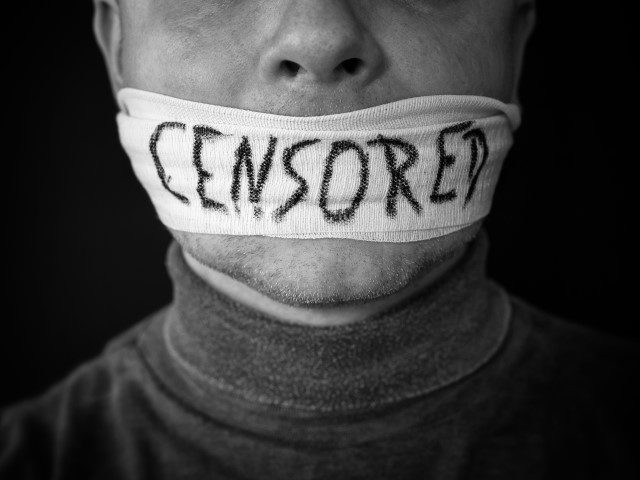The vast majority of Americans believe people can “experience significant stress, even to the point of self-harm” due to the effects of cancel culture, a Foundation for Individual Rights in Education (FIRE) survey found.
Overall, 74 percent of Americans either “somewhat” or “strongly” agree with the statement “People can experience significant stress, even to the point of self-harm, because of the public backlash against something they said.”
When broken down along partisan lines, nearly 75 percent of Democrats, nearly 74 percent of Republicans, and more than 73 percent of independents agree with the statement.
Despite that, the survey also found that nearly 60 percent of Americans view cancel culture as a growing trend that is a “threat to our freedom.”
The growing trend is perhaps driven by the fact that “people are overly sensitive and looking for things to get offended by,” a perception 68 percent of respondents agreed upon.
That perception appears to be undercut by the fact that only a bare majority (51 percent) of respondents agree that “silencing people’s opinions, even opinions currently considered extreme, threatens progress.” The partisan divide on this issue is relatively stark, with a nearly 25-point divide separating Republicans (64 percent) and Democrats (just over 39 percent) who agree with the statement. Nearly 53 percent of independents agree that silencing opinions threatens progress.
Yet 60 percent of respondents also agreed that “American society is better off when people feel free to express their true opinions, no matter how controversial.” While over 72 percent of Republicans agreed with the statement, only 50 percent of Democrats felt the same way. Over 61 percent of independents also agreed with the statement.
“Cancel culture isn’t just about what gets said and then punished,” FIRE Vice President of Communications Nico Perrino said in a press release. “It’s also about what never gets said for fear of punishment. The chilling effect of self-censorship is real — and can have an alarming effect on how Americans communicate.”
Respondents, however, appeared somewhat supportive of punitive actions “often associated with cancel culture” for those who say things that are “widely considered hateful.”
Indeed, the FIRE survey shows 38 percent of respondents either “somewhat” or “strongly” agreeing that a person should lose their job if they say something “widely considered hateful,” including over 21 percent of Republicans and nearly 55 percent of Democrats. This, however, can be contextualized by the fact that only 31 percent of respondents disagreed with the statement, including only just over 18 percent of Democrats and nearly 44 percent of Republicans.
“A relative uneasiness with defending ‘hateful’ expression is nothing new, so these findings may provide a rough ceiling of support for cancel culture behavior, which doesn’t always involve allegedly hateful expression,” Perrino said. “But before would-be censors get too excited, they should also understand that what one considers ‘hateful’ frequently varies widely based on one’s political views.”
Overall, 83 percent of Americans believe that democracy can only thrive if there is free speech.
The survey was conducted among 2,500 American adults by the research arm of FIRE’s communications partner, DeVito/Verdi.
Breccan F. Thies is a reporter for Breitbart News. You can follow him on Twitter @BreccanFThies.

COMMENTS
Please let us know if you're having issues with commenting.